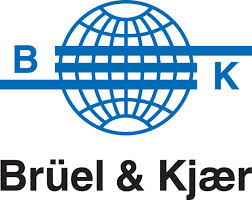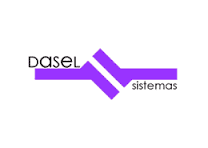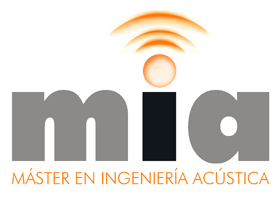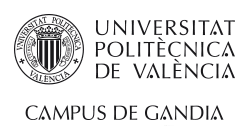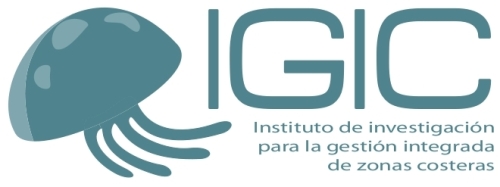 Gandia Campus, Universitat Politècnica de València
Gandia Campus, Universitat Politècnica de València
Master's Degree in Acoustic Engineering
60 credits
Credit 35,34€
(2023/2024)
Give access to scholarships
20 openings
(2024/2025)
Introduction
Acoustic engineering is a multidisciplinary area with a high demand for specific training in different fields: architectural acoustics (for insulation and acoustic conditioning), environmental acoustics (noise maps, partial plans, outdoor industrial noise, noise from mopeds and other vehicles, activity licensing), electroacoustics (design of loudspeaker boxes, public address systems, sound equipment and sound reinforcement), characterisation of materials (ultrasound, standing wave systems, etc.), installations (air conditioning, machinery, etc.), health and safety at work with regards to noise protection for workers, underwater acoustics (location of objects, communication, sonar, etc.).
In addition, in recent years there has been a great increase in regulations requiring compliance with many acoustic conditions, such as in the regulation of the Noise Law, the basic noise protection document of the Technical Building Code, or the Royal Decree on the protection of the health and safety of workers against risks related to exposure to noise. The UPV's Gandia campus has a long history and specialisation in this area, both in teaching, through the degree in Technical Telecommunications Engineering, specialising in Sound and Image, and in research and development (R and D and I), collaborating with important companies in the sector and carrying out research projects in all the areas mentioned by its teaching staff, mainly integrated in the Research Institute for the Integrated Management of Coastal Areas.
Objectives
The Master’s Degree in Acoustic Engineering enables professionals and researchers to specialise in acoustic analysis and management and its environmental effects.
Graduates will be able, among other things, to predict, evaluate and minimise the effects of noise pollution in all areas, design projects to improve the acoustic quality of buildings (conditioning, insulation, improvement of soundproofing), draw up acoustic projects (activity licences, noise abatement in the industrial field, acoustic reports on key handover, noise maps, assessment of the effect of opening partial plans) and design audio systems (loudspeaker boxes, amplifiers, parametrics, audio systems, microphones, etc.).
In addition, they will be able to exploit knowledge acquired in the business world and will have the resources to further their self-training and scientific research.
Aimed at
Telecommunications technical engineers; Telecommunications engineers; Industrial technical engineers; Industrial engineers; Civil engineers; Public Works technical engineers; technical architects; architects; graduates of Physical Sciences and graduates of Environmental Sciences.
Admission criteria
The Academic Committee of the Master’s Degree will base the admission of students on the academic record of the undergraduate degree, as well as on postgraduate training and previous professional experience in the field of acoustic engineering.
Organisation
Escola Politècnica Superior de Gandia (Higher Polytechnic School of Gandia)






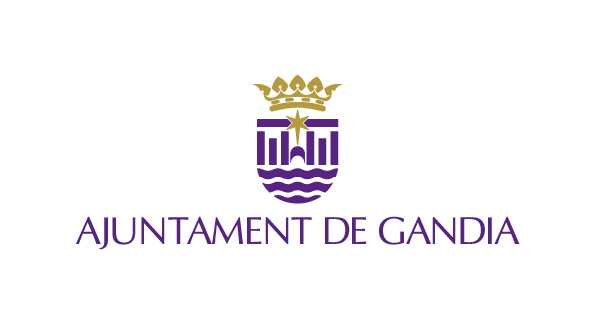
![Siguenos en Facebook... [Grupo Máster Ingeniería Acústica] Siguenos en Facebook... [Grupo Máster Ingeniería Acústica]](/uplser/U0634113.png)
![Siguenos en Facebook... [Página Acústica & Física] Siguenos en Facebook... [Página Acústica & Física]](/uplser/U0634112.png)



